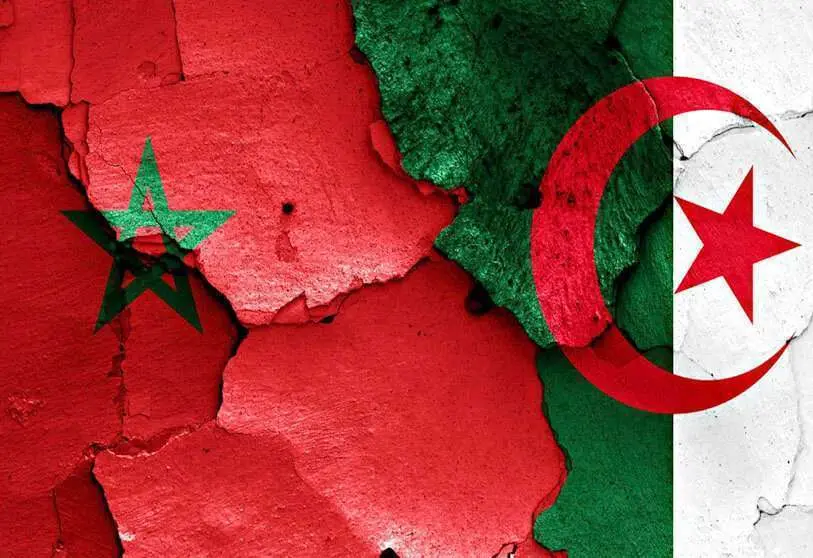Algeria-Morocco: a step towards reconciliation

The evolution of bilateral relations between Algeria and Morocco is more visible in small symbolic gestures than in large declarations. A series of signs that emerged at the time of the COVID-19 indicate that small steps are being taken in the rapprochement between the two pivotal countries of the Maghreb.
To the message sent by the Algerian president to King Mohammed Vi on June 18, congratulating the success of the surgical operation carried out on the Alawite sovereign four days earlier at the Royal Palace in Rabat, Abdelmadjid Tebboune adds the adjective "dear brother" to the protocol treatment, The Moroccan King responded days later by congratulating President Tebboune on the anniversary of the country's independence on 5 July 1962, recalling in the text that "the bonds of friendship between the two peoples have been reaffirmed by the fraternal solidarity that marked the heroic struggle for freedom and independence, and the firm conviction of the unity of the common Maghreb destiny". Mohammed VI recalled that Morocco was not only a political support and a secure rearguard for the Algerian military leadership, but that arms and explosives destined for the guerrillas were manufactured in his country.
To the tone of détente marked by both messages, far from the "we are in an enemy country" which the Moroccan consul abruptly released in Oran weeks ago and which led to his dismissal from the post and repatriation to Morocco, one must add the appointment of the new Moroccan ambassador in Algiers, Mohamed Ait Ouali, a diplomatic expert "very close to the Palace", who knows the Arab world well and is skilled in resolving conflicts.
It is also a small symbolic gesture that the news portal Afrik com, which for years has defended the Algerian position on the conflict in Western Sahara, changes its format and removes the flag of SADR (Saharawi Republic) leaving only the Sahara as a "country"; a portal which for years has echoed all the news and declarations criticising "the Moroccan occupation of the former Spanish colony", and which today brings out a broad eulogy of the Moroccan Crown Prince Mulay El Hassan, "the pride of his sister Lalla Jadiya, of King Mohammed VI and his family".
As for the more direct messages, it is worth noting the request of the Algerian President that Morocco should "formulate a concrete proposal" to make progress in resolving the bilateral dispute. Something which King Mohammed VI had already done seven months ago when he proposed "new mechanisms of bilateral consultation without conditions".
Abdelmadjid Tebboune is now in a better position to tackle the complex bilateral problem, in which the conflict in the Sahara is just one more piece, since the situation of power is stabilising. The corruption trials of former Prime Ministers Abdelmalek Sellal and Ahmed Uyahia, and the one under way against Said Bouteflika, the brother of the defunct president, for "usurpation of functions"; As well as the arrests and military trials of the general who the former head of general staff, Ahmed Gaïd Salah, who died six months ago, put in charge of the military and espionage services, leave the president with ample room to assume his constitutional functions and take the reins of foreign policy and strategic international relations into his own hands.
However, both in Algiers and Rabat, there are sectors that fear losing power, influence and advantages if bilateral relations are normalised; Tebboune and Mohammed VI have a prior task before them, before taking major steps in the Maghreb's rapprochement.



